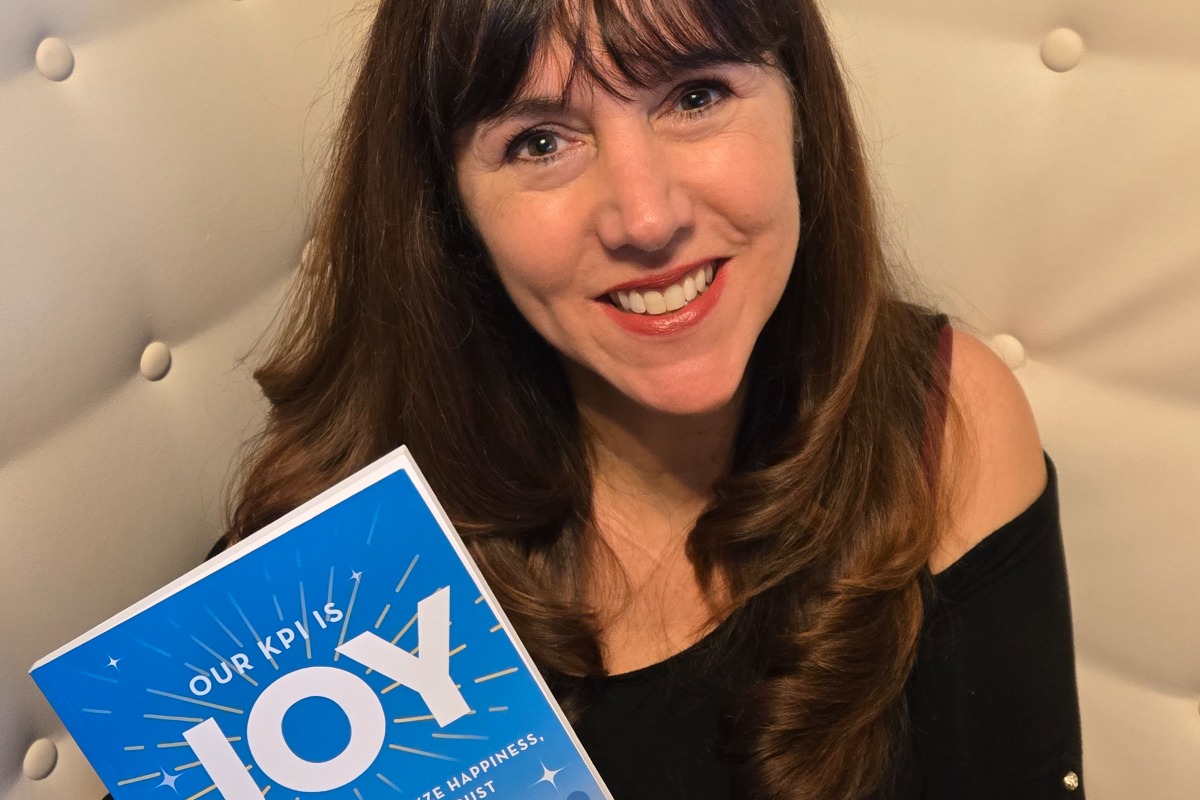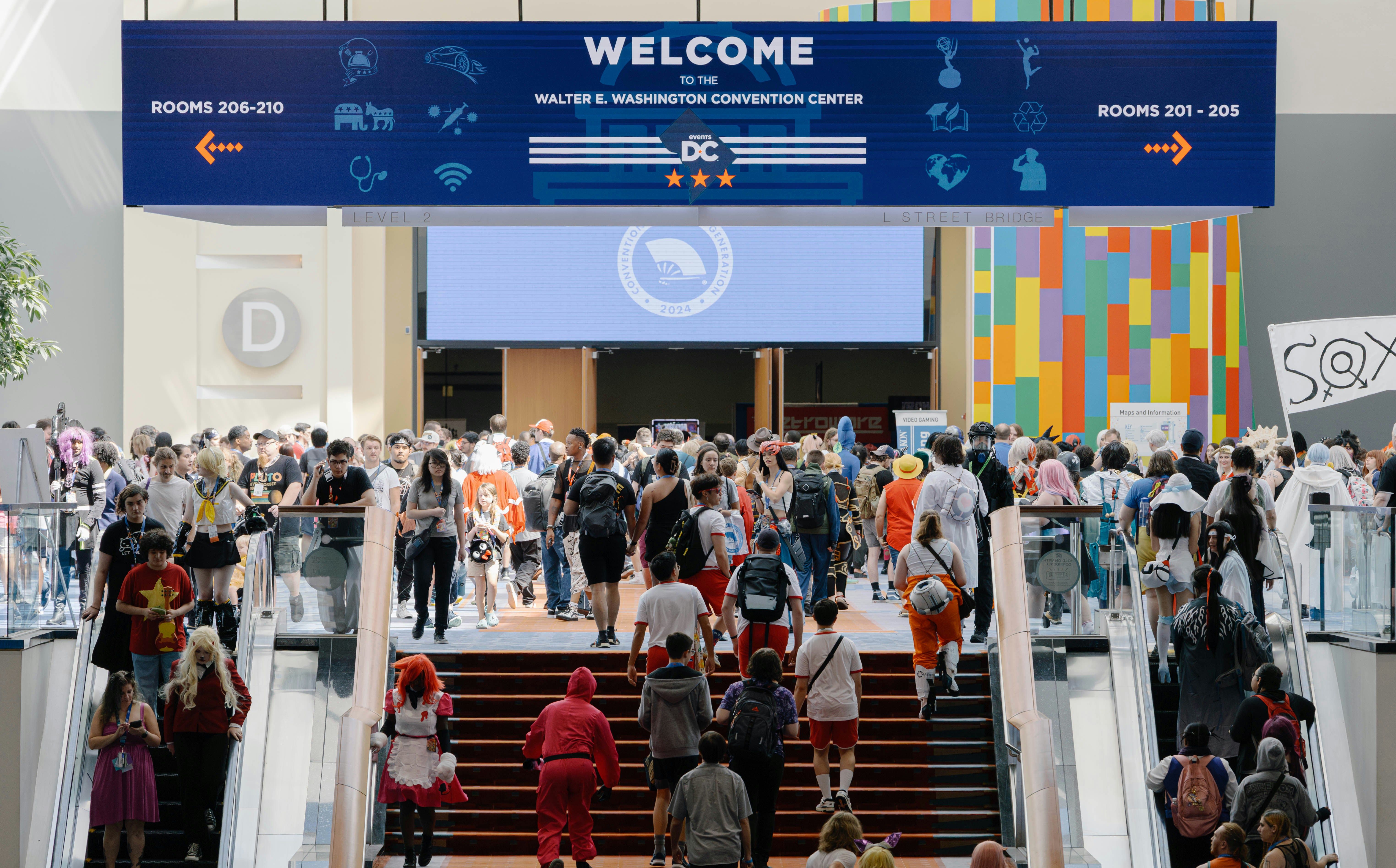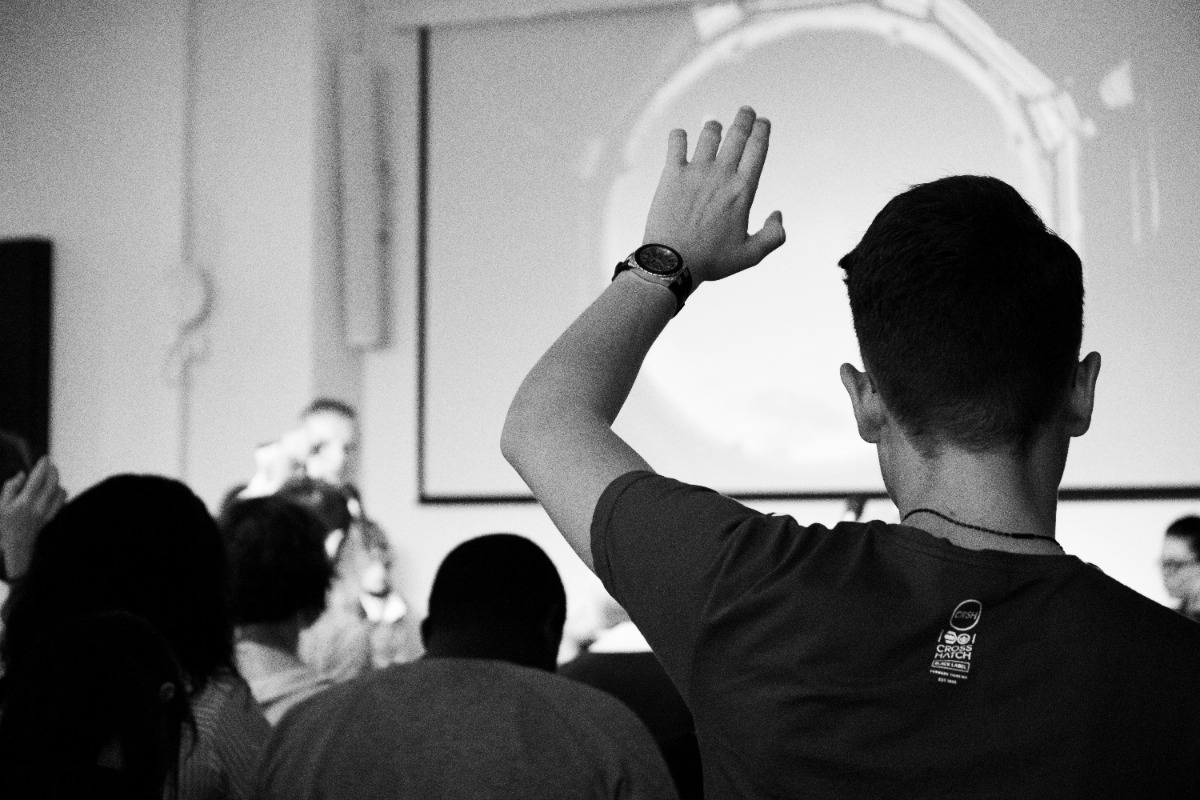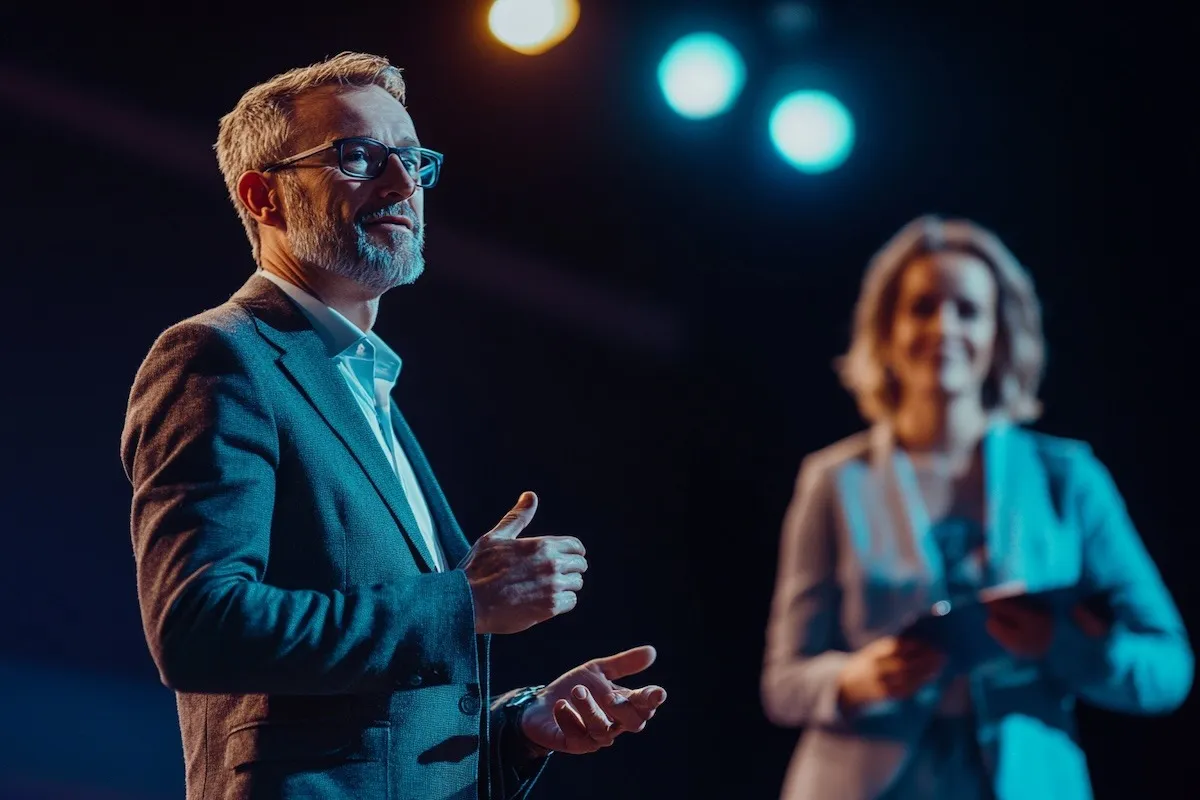CEO Video: How Wordly Advances Live Translation With AI

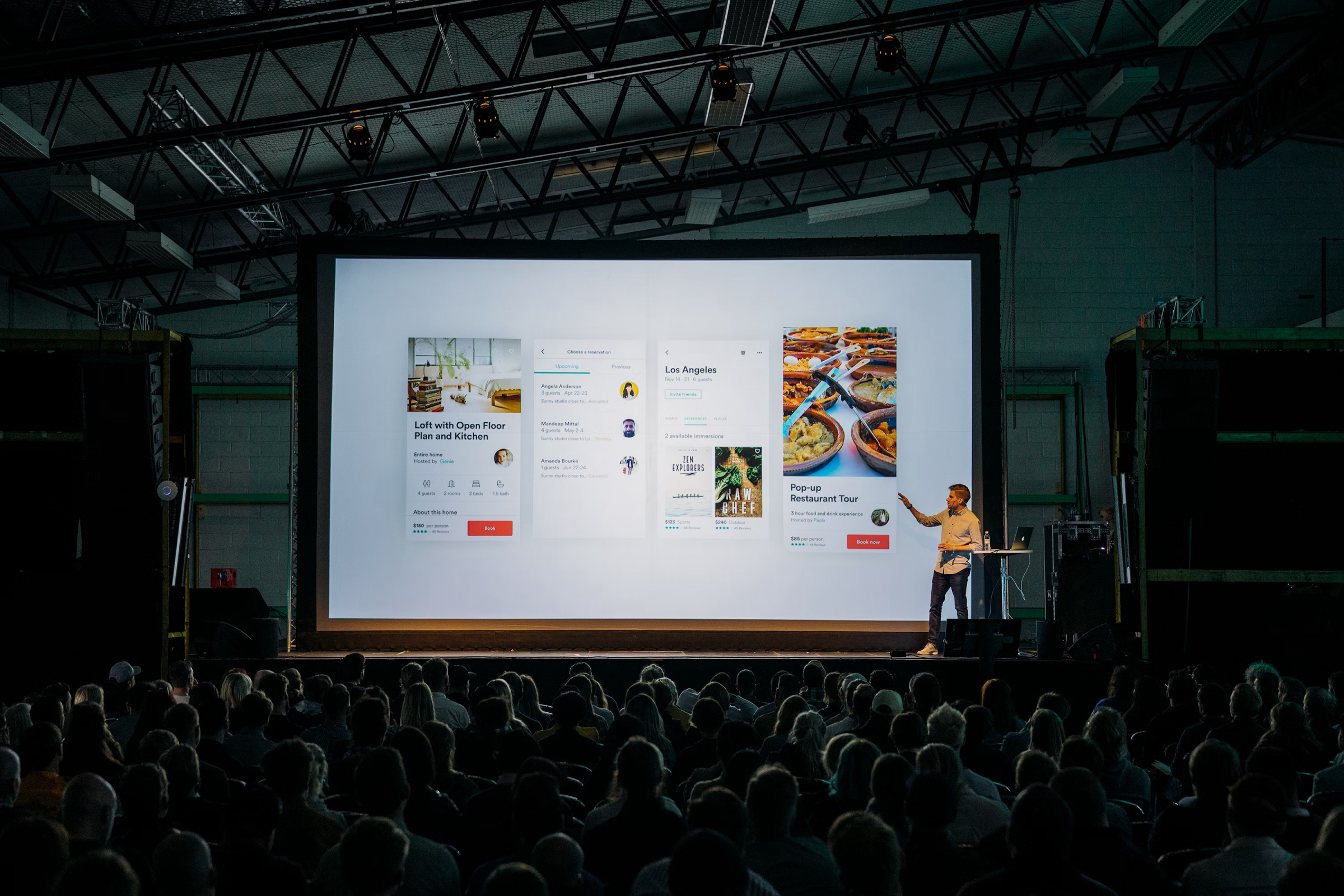
Skift Take
This content was created collaboratively by Wordly and Skift’s branded content studio, SkiftX.
Clear communication is paramount for global companies and organizations aiming to coordinate teams across different countries. With diverse workforces often spread worldwide and speaking multiple languages, effective translation services are increasingly crucial.
Wordly, a leading provider of live translation services for the events industry, is leveraging AI and automation to upgrade the attendee experience. By using Wordly’s platform, organizations can bypass the limitations of human translators, who, despite their expertise, cannot match the accuracy, speed and scalability of AI-driven solutions.
Lakshman Rathnam, CEO of Wordly, recently spoke with Skift Meetings to share how AI-powered translation tools are enhancing meetings and events.
Enhancing Inclusivity and Accessibility
While English remains the dominant language in many business meetings, planners must account for diverse audiences by providing translation services that empower both attendees and speakers.
A 2024 study by Wordly found that 79% of event planners reported an increase in attendees who do not speak English as their first language. Additionally, 53% noted that at least one-fourth of their attendees fall into this category.
Founded in 2019, Wordly has always relied on artificial intelligence to bridge language gaps. As its technical capabilities continue to advance, Rathnam describes the platform as “more scalable, affordable, and consistent” compared to traditional human translation.
As AI has improved over time, its acceptance among meeting planners as a valuable tool has also grown, Rathnam noted. This coalescence comes as “knowledge is now so democratized,” added Rathnam.
Three Key Benefits of Wordly’s AI Translation
- Simultaneous Translation and Instant Transcripts: Wordly can translate content into over 60 languages simultaneously and provide near-instant transcripts, allowing attendees to access information efficiently and listen to presentations in their preferred language or dialect (such as variations of English from the U.S., U.K., and Australia).
- Improved Speaker Comfort: Speakers can deliver presentations in their native language, enhancing their comfort and engagement, leading to more effective and impactful sessions.
- Consistent Results: Unlike human translators, AI does not experience fatigue, ensuring consistent and reliable translation throughout events.
“The world is just that much smaller nowadays,” Rathnam noted, highlighting the importance of inclusivity and accessibility in modern communication. He emphasized that Wordly’s speech-to-text translation feature also benefits individuals with hearing difficulties or prefer to read text captions or subtitles in real-time.
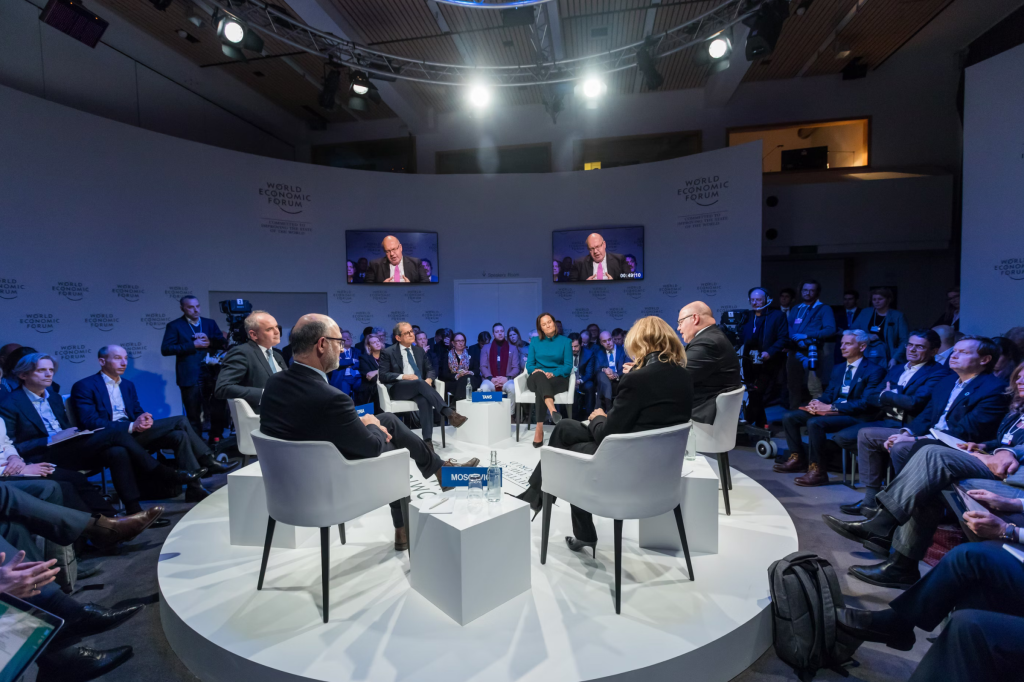
Real-World Application: Los Angeles Wildfires
A recent example of the critical need for live translation emerged during the recent Los Angeles-area wildfires. Local officials had to communicate vital information about the fire’s spread and evacuation plans to a diverse population speaking dozens of languages. By using Wordly, the government ensured that crucial updates could reach all affected residents.
“That’s the value Wordly provides,” Rathnam explained. “Our mission is to bring communities together by breaking language barriers.”
To learn more about Wordly and request a demo, click here.
This content was created collaboratively by Wordly and Skift’s branded content studio, SkiftX.
